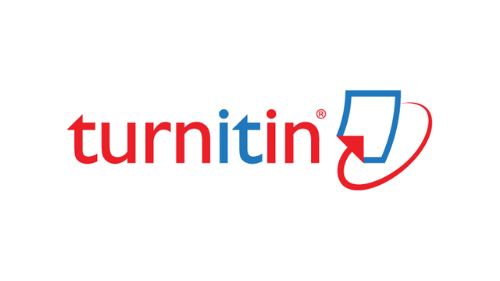
Turnitin, the plagiarism and work authenticity company with 34 million students in some 1,500 schools, announced a partnership with the service NewsGuard, which scores websites on trustworthiness and journalistic practices.
According to a press release, the partnership will allow students and teachers using Turnitin to better evaluate the value and accuracy of the sources they use in writing, bolstering Turnitin’s mission to further quality work. For NewsGuard, the partnership exposes the company’s products to an entire generation of students.
“Now more than ever during the COVID-19 pandemic it is critical that students and educators can rely on accurate information from their sources,” Valerie Schreiner, Chief Product Officer at Turnitin, said in the release. “Turnitin has always been committed to promoting integrity in research and writing. By working with NewsGuard, we now deepen that commitment by also offering our students and teachers a tool to help evaluate the integrity of the sources they are using. Our services are a perfect match.”
The COVID-19 pandemic is not the only reason to have better information about the credibility of a news source. Major media and social media companies have been plagued with false news and misleading reporting for years, prompting calls for legislative relief as well as better news consumption habits. With elections looming in the fall and interested parties and scams lurking behind every “share” button, getting good information about information will be crucial.
NewsGuard has deactivated its regular fee of $2.95 a month until July 1 in order to help readers filter what it calls the “infodemic” surrounding the COVID-19 outbreak. Some 700 libraries around the world use NewsGuard and the announcement release says that NewsGuard’s lesson plans on assessing “news literacy” will be sent to schools using the Turnitin platform.
The release says NewsGuard uses journalists to rate sites “based on nine apolitical criteria of journalistic practice, including whether a site repeatedly publishes false content, whether it regularly corrects or clarifies errors, and whether it avoids deceptive headlines.” And based on that, each site receives “a trust score of 0-100 and an overall rating of “Green,” indicating the site is generally reliable, or “Red,” indicating that it is not reliable.”


